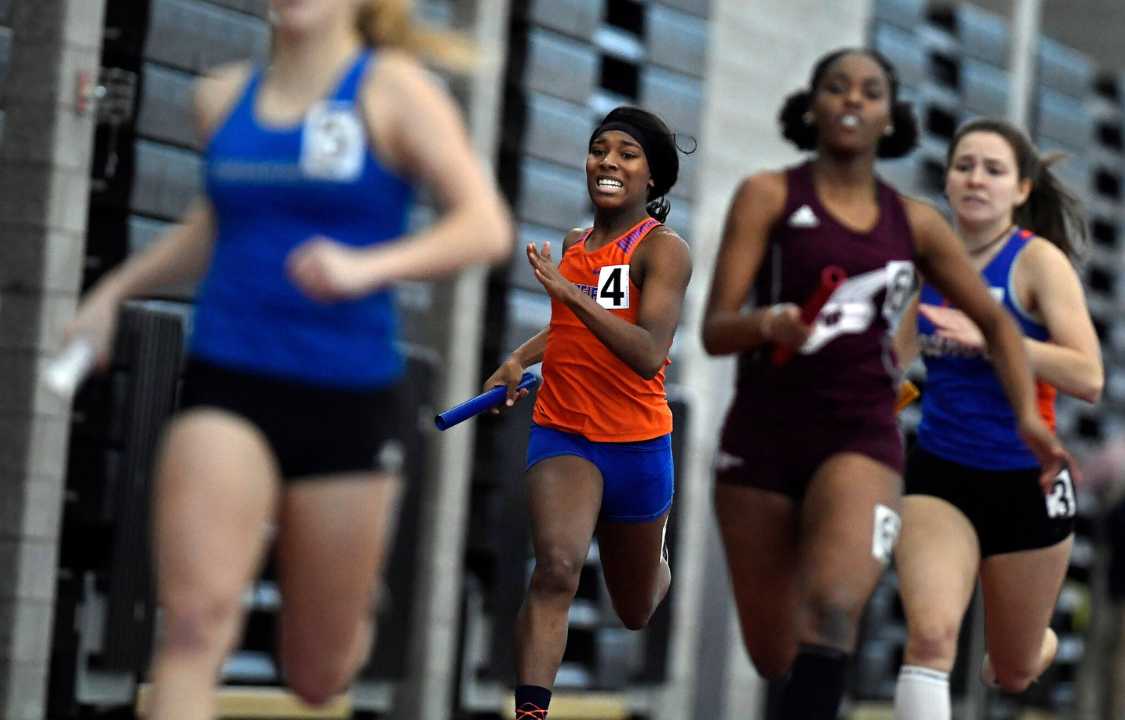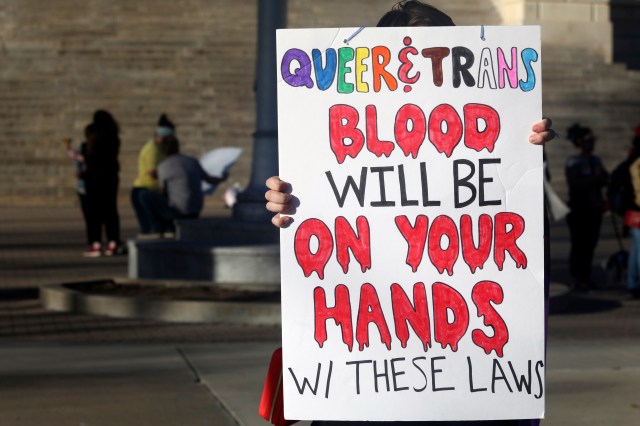

The second female athlete to participate in New York State’s high school cross-country events was my mother. She said that at the time, it was common belief that a woman running more than a mile would have her uterus fall out.
Mother used to run. That’s simply who she was. She often said, “Oh, you’re the woman I see running every day,” to people she had just met in our small town.
I never participated in sports. In elementary school, I did sports and games. I joined child spies and drama club in high school. Pickleball is the first sport I’ve played that I wasn’t entirely bad at, so it’s something I wish had been around when I was a teenager since I moved to Mankato.
I understand that gendered activities should be practiced for various reasons. Women won’t be able to compete fairly with men at elite levels and run a higher risk of injury in full contact sports like wrestling because testosterone helps build muscle mass.
The issue of transgender athletes also arises with the separation of sports by gender. So, where do transgender athletes compete? What about intersex individuals?
It’s a hot-button issue that has received a lot of attention over the past decade.
But what I wonder is what would happen if sports were completely gender desegregated.
Men seem to be dominating most sports right now. I’m sorry, ladies. However, it has been found that women have an advantage in endurance sports.
Also, there’s a lack of research on female athletes and their training methods. Women are terribly underrepresented in exercise physiology, both as researchers and research subjects, according to Cara Ocobock in her book “Sex in Sports: Men Don’t Always Have the Advantage.” We know very little about the best training and health practices for women, much less their performance limits, as a result of this lack of representation.
Consider this scenario as well. Imagine two random groups of people. Encourage the first group to engage in sport activities while actively discouraging the second group by warning them that running more than a mile will cause them to lose vital reproductive organs. Encourage different nutrition in each population. In fact, go so far as to continuously undermine the second group’s sense of self and physical appearance that they increase their risk of developing eating disorders.
Then consider which group will produce the best athletes.
My point is that I’m not sure we actually know if cis men are inherently better athletes than women are, or whether these advantages are the result of years of society structuring things in such a way that they are more likely to develop better athletic abilities.
In the end, transgender and gendered people should participate in professional sports. It’s really not that difficult.
Send a letter to Jeremy Redlien at [email protected]



